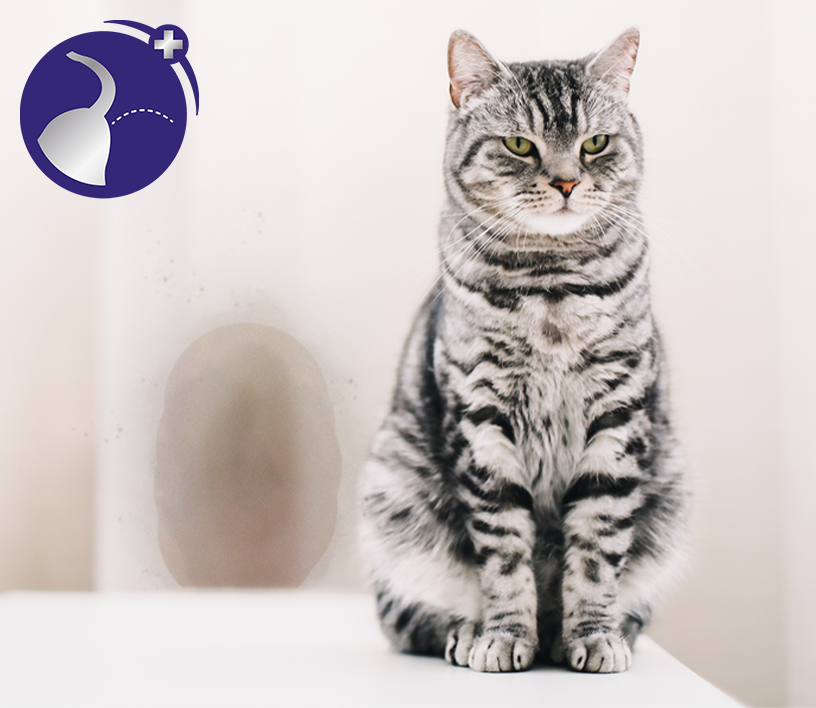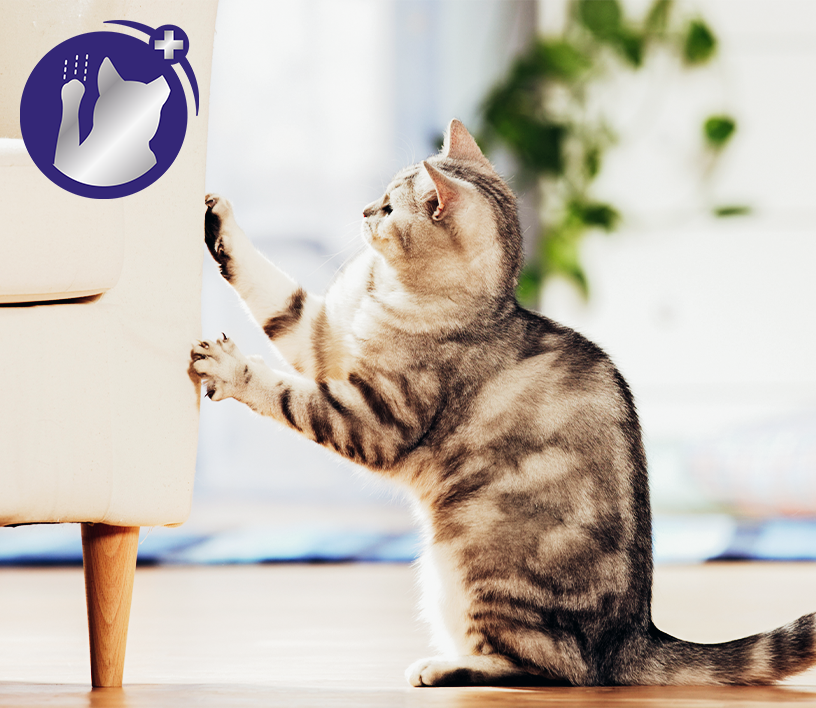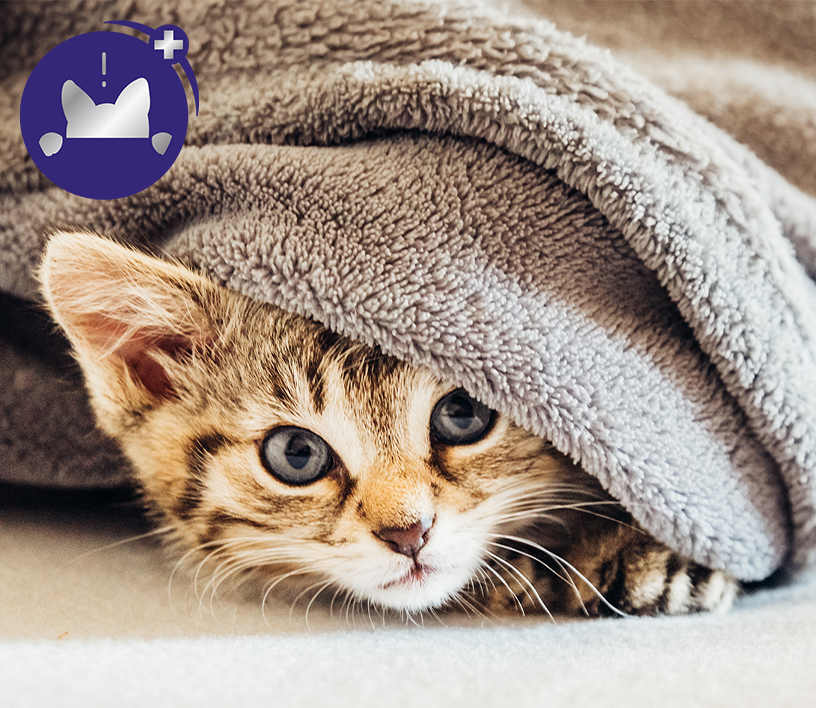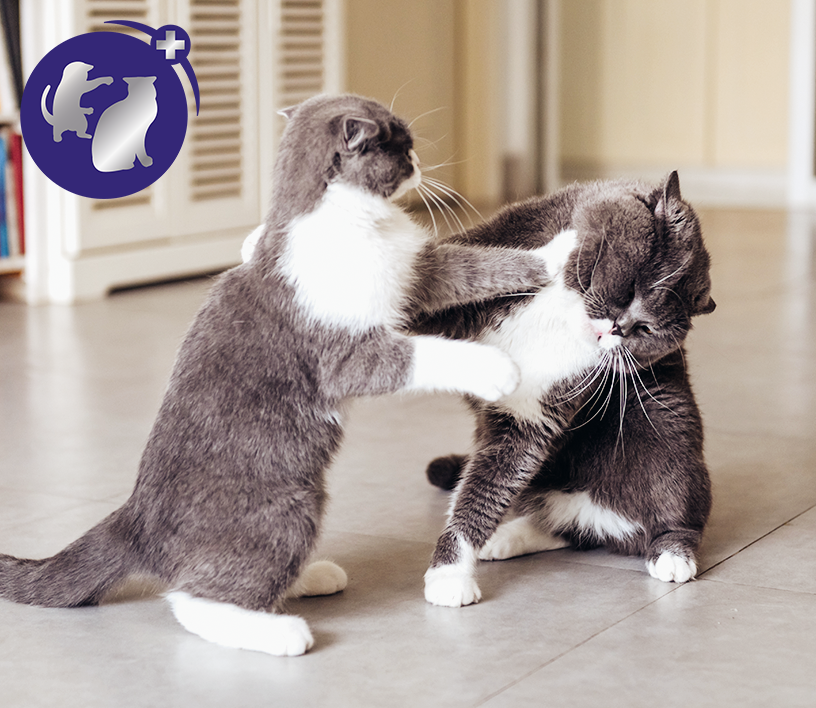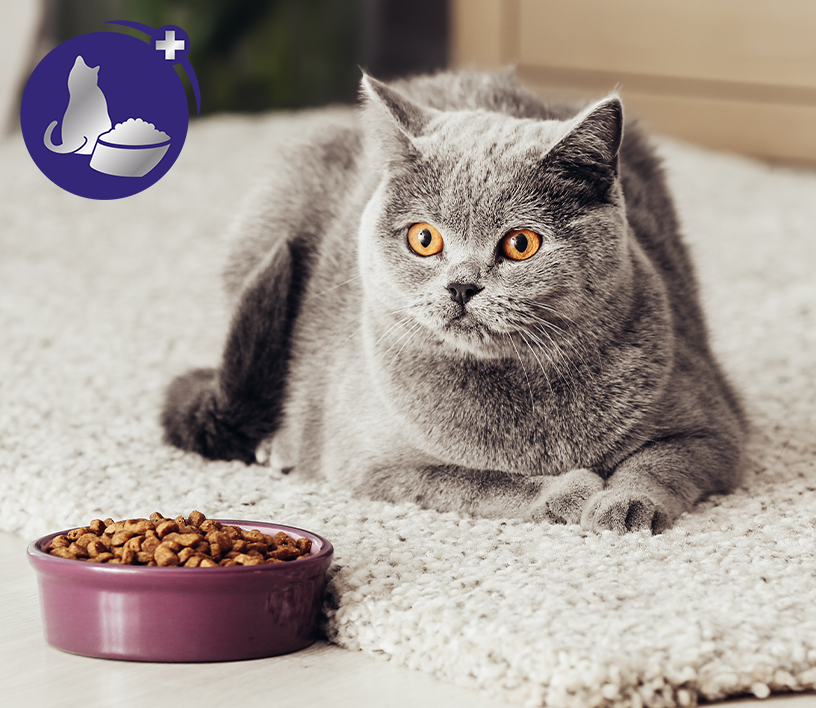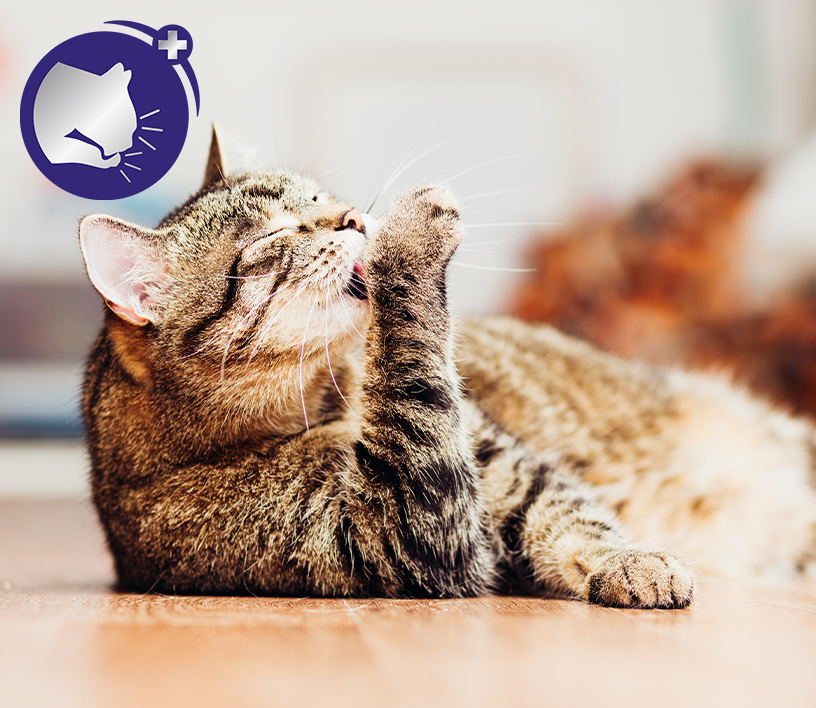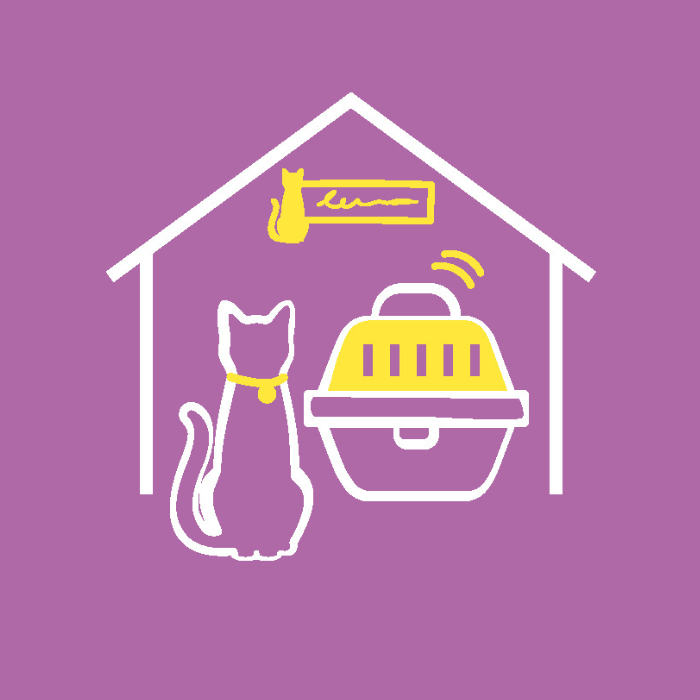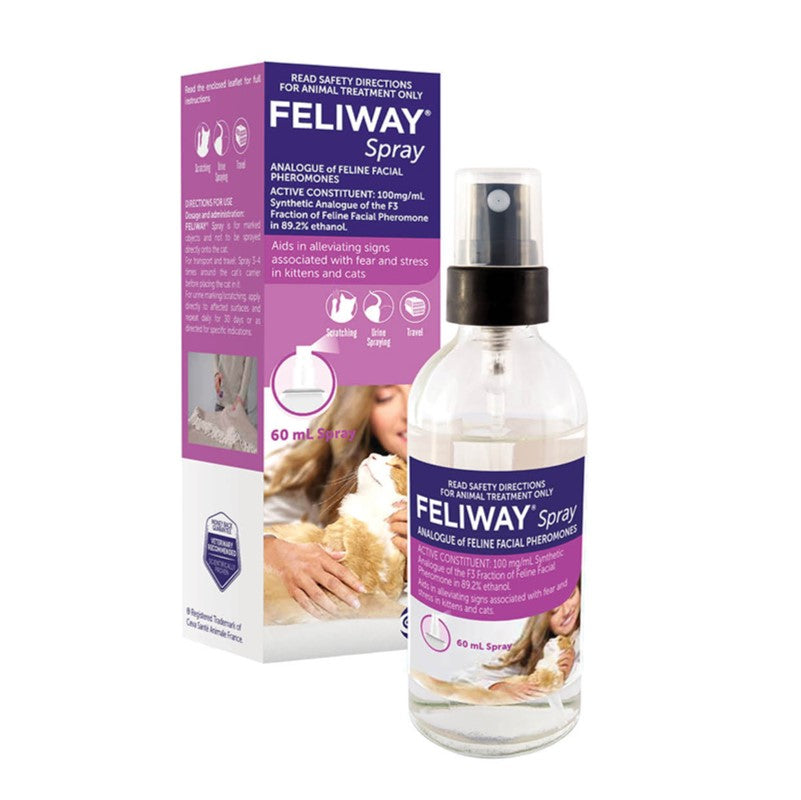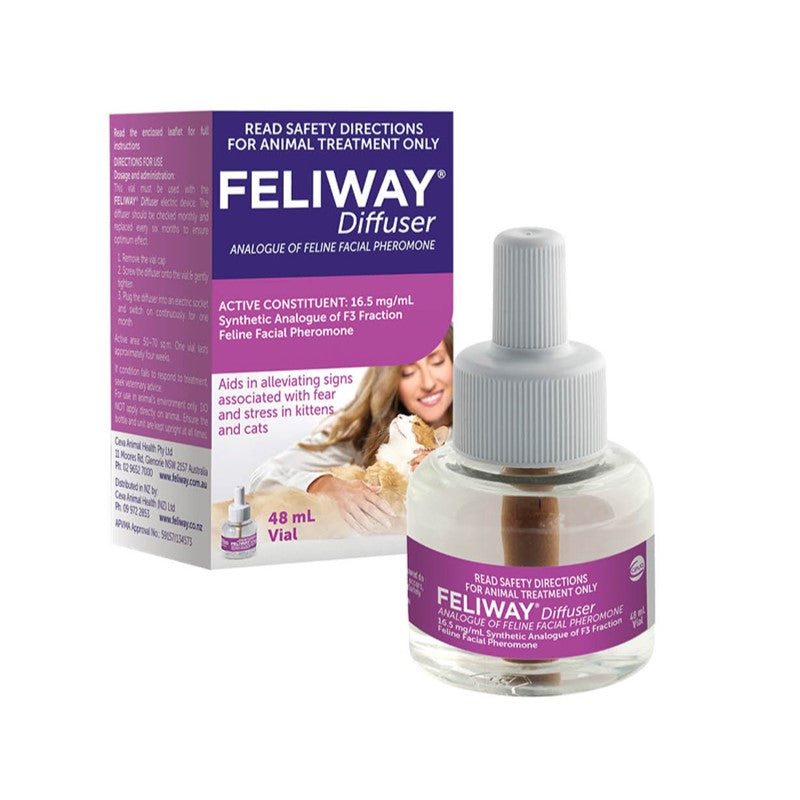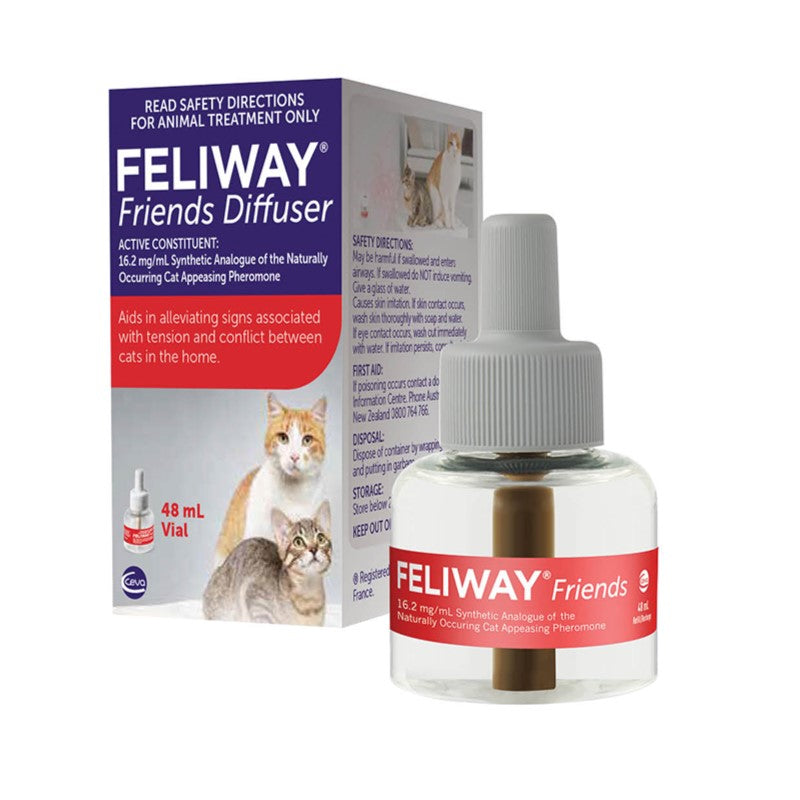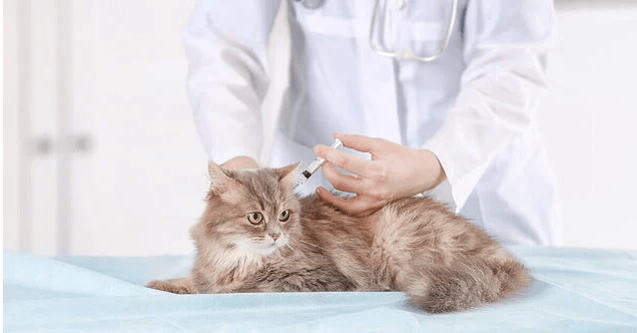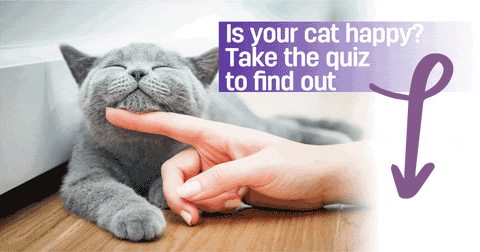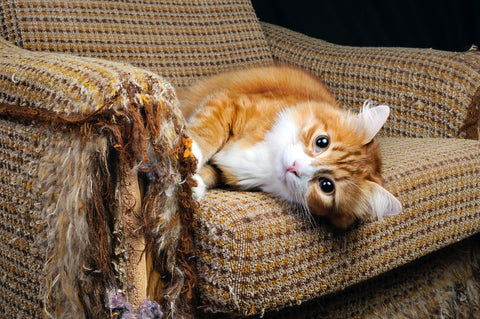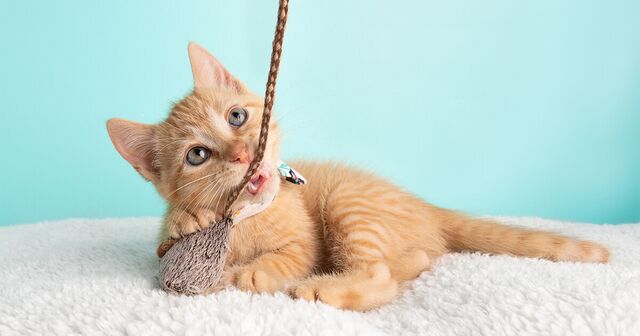
What Age Should Your Kitten Be At Their First Vaccination?
Have you got a new furry friend and want to keep them happy and healthy at home? Then it's time to think about your kitten's long-term health; specifically, when you need to take them to the vet for vaccinations!
Why Do Kittens Need to Have Vaccinations?
Just as vaccinations protect humans against dangerous diseases, kitty vaccinations do the same for your cat.
Your tiny kitty can catch a wide range of cat infections. Vaccination against the most common ones ensures they are protected from dangerous illnesses that could make them very sick - the last thing you want for your new best friend!
How do vaccinations work?
Vaccinations prepare the immune system to recognise and fight off a particular disease quickly, preventing it from taking hold in the body. Vaccines work because they typically contain a dead or weakened disease (which can't cause the infection itself) - giving the immune system time to build up resistance, ready to fight disease faster in the future, and keep your kitty healthy!
If your new pet hasn't had any vaccinations before you bring them home, they won't have any resistance or protection against common kitty illnesses. So for this reason, it's best to keep your cat away from neighbourhood cats (other household cats who are vaccinated are fine) and indoors until they have had their shots.
What Should Kittens Be Vaccinated Against?
The most common diseases that your kitten will need to be vaccinated against include cat flu (feline herpes virus and feline calicivirus) and feline infectious enteritis (feline parvovirus). However, kittens are susceptible to other illnesses, so depending on where you live and your vet's recommendations, you may also want to protect your kitten against diseases such as the feline leukaemia virus and rabies. Your vet is the best person to consult about what vaccinations are needed for your area.
When Should My Kitten Be Vaccinated?
Before you can vaccinate your pet, you'll need to wait until they are old enough, and their immune system is strong enough to handle the vaccination.
Kittens typically have their very first vaccinations at around 8-9 weeks old.
An approximate kitty vaccine timeline may look like this:
- 8-9 weeks old - First vaccination. Your vet will be able to advise exactly when, and what vaccine is needed.
- 13-14 weeks - Second vaccination. A second round of vaccinations is typically 3-4 weeks after your pet's first vaccine.
- 16-20 weeks old - Third vaccinations (if needed). Sometimes a third injection when your kitten is 16-20 weeks of age may be needed to ensure proper protection.
- 1 year old - Booster vaccinations. Depending on the vaccination and the disease being protected against, your kitten may need boosters to maintain constant protection.
- Annually - health check and additional boosters. It's best to take your pet for a check up once a year to keep them in top shape!
Remember - your kitten should stay inside until they are fully protected!
Are There Any Other Times That My Cat Will Need Vaccinations?
When it comes to protecting against common infections, your cat will need additional booster vaccinations to maintain their protection, with the first boosters happening a year after their first vaccines. The frequency of booster vaccinations will depend on the vaccine, the age and health of your cat and the protection your pet needs - for example, cats who come into contact with other neighbourhood animals and go outside may need more protection. Your vet will be able to advise on the best schedule of vaccinations for your pet - annual health check ups are best for even the healthiest of pets!
If you are planning to travel with your cat, it's also wise to take them to the vet for a health check, and to find out what vaccinations or boosters are needed ahead of travel. Keep in mind that certain destinations (and airlines) will require a vet's certificate and vaccinations history to allow your pet to fly, often dated within a few days of travel. Always check ahead with airlines, and with your vet to understand what's required!
Keep a Happy Home With FELIWAY
A calm, supporting environment can help your cat feel safe, happy and healthy. Using a FELIWAY Diffuser in the rooms where your cat spends the most time can help to support them, by releasing calming messages that reduce kitty stress and prevent signs of discomfort such as spraying, scratching or hiding.
